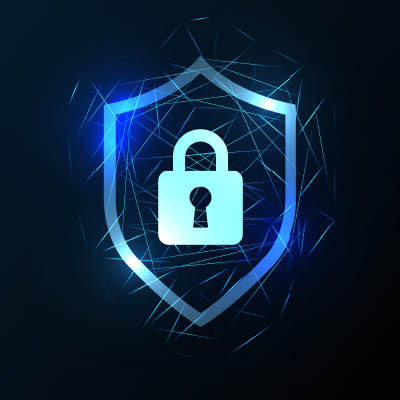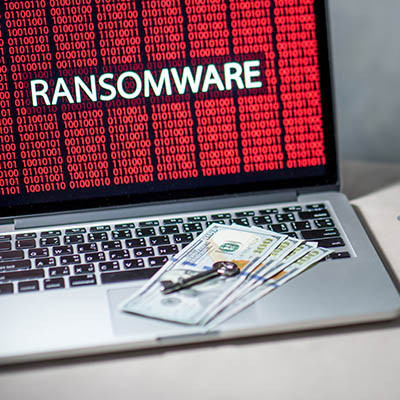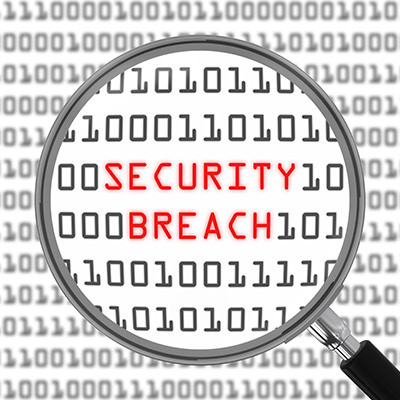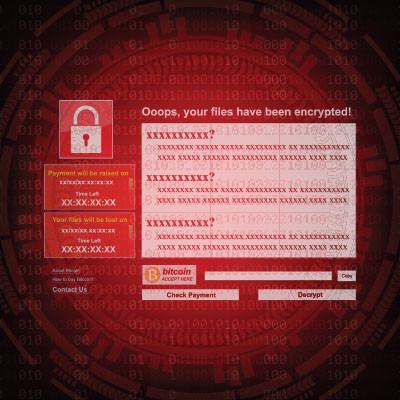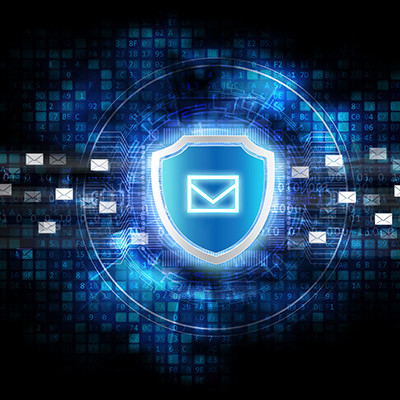Cambium Data Blog
Clutter is a part of life, but one place you absolutely don’t want it is your business’ network. This clutter is called “digital cruft,” which 1) is an actual word, and 2) creates serious problems if you let it accumulate. Your digital cruft can lead to significant vulnerabilities that put your network at risk.
As a cybersecurity professional, I've seen organizations of all sizes and sectors make a critical, often fatal, mistake: they wait for the water to boil. They operate under a reactive cybersecurity model, adopting the same slow, passive approach as the hapless subject of the boiled frog analogy.
It’s a tale I recently rediscovered, and it's a chillingly perfect metaphor for modern cyberrisk. Imagine a frog enjoying a cool bath as the water is slowly, almost imperceptibly, heated. It thinks it’s enjoying a relaxing bath until the water reaches a lethal temperature. By then, it’s too late. The danger has crept up, and the frog is boiled.
There are a lot of threats out there, ranging from simple and annoying viruses to business-ending ransomware. Do you know how these threats end up on your network in the first place, and more importantly, how do you protect your network from these threats? Today, we’re exploring the various avenues a cybersecurity threat might take to install itself on your device, as well as what you can do about it.
One of the most common tactics used by folks in the service industry is free Wi-Fi. It draws in people who want to work out of the office in places such as coffee shops, restaurants, and book stores… but how much can you actually trust that free wireless access? We think it’s probably shadier than you think, and if you’re smart, you’ll avoid using it for the following reasons.
Many organizations are fortunate enough to have an in-house IT department, but even the best teams can get overwhelmed. A small staff might be buried in daily maintenance, leaving little time to implement new, innovative solutions. If you're looking to upgrade your IT infrastructure, a great place to start is with a network audit. This is a detailed review that helps you identify what's working well and what needs to be improved.
Is your business prepared to square off against ransomware? It can be scary to even imagine your business becoming the target of an attack that essentially takes your operations hostage. Are you going to let ransomware extort money, hold your data for ransom, and threaten your business’ future? The answer is no, and we’ll show you how you can not only prevent ransomware attacks, but respond appropriately in case you can’t completely prevent them.
How much do you know about your business’ security infrastructure? With advanced cyberthreats breathing down everyone’s neck, it’s no wonder that more companies than ever before are investing in advanced security measures. Here are some of the critical components you’ll need to consider to keep your business safe.
Ransomware is still a problem for businesses of all industries and sizes, from small mom-and-pop shops to the large enterprise. If you’re unprepared for a ransomware attack, you’re looking at significant consequences, many of which affect your business beyond the budget.
Today, we’re taking a look at ransomware in the context of what it is: an existential threat to your business.
One of the most challenging parts of running a modern business is securing it from today’s growing list of threats. If you don’t take cybersecurity seriously, there is a real risk that your business will be the next local or national headline about the dangers of cybersecurity issues. One of the easiest ways to prevent yourself from becoming another statistic is to hire a security consultant.
On Friday, July 18th, a global update—codenamed “Falcon”—to cybersecurity company CrowdStrike’s software triggered events that brought major infrastructures and societal needs to their knees… despite affecting less than one percent of all Windows systems.
Now that about one and a half weeks have passed, let’s check in and see what happened, both leading up to this event and in the days since.
When it comes to network security, there are many common suggestions from IT professionals, like utilizing robust firewalls and antivirus measures. However, it’s easy to overlook some of these practices, especially if you are not necessarily a trained IT technician. We’re here to provide a short guide to three of the most common security pitfalls organizations like yours will likely face during normal everyday operations.
Ransomware is a real problem; I mean, a real problem. Not only does it create serious problems for any organization that is victimized by it, it is about to be a completely pervasive problem for everyone. It is extremely important for your organization to take the threat of ransomware seriously by implementing a strategy to keep it from being an issue. Today, we offer a three-pronged approach to doing just that.
It’s easy to think of email as something that just works. You open up Outlook or log into Gmail and your mail is there. Most people aren’t even aware of the vast, complex set of systems required for email to even work—and we don’t blame you. It’s extremely complicated.
That being said, if nobody is actively managing your email, providing protection for the underlying technology, and making sure that it was and remains configured properly, it’s possible that your email could be working fine while opening you up for unseen threats.
Cybercriminals aren’t looking to play fair against businesses. They don’t care how big or small you are, they don’t care about what services you provide, or what good you offer for the community. You could be a children’s hospital or a single mother selling homemade mittens out of your dining room, you could be a school, an assisted living facility, or a Fortune 500. Either way, your organization is an equally viable target for cybercriminals.
With Cybersecurity Awareness Month just around the corner, now seems to be the appropriate time to consider your own business’ cybersecurity. While there are many, many factors that contribute to how protected your business is against threats, one of the most impactful and insidious is how receptive your employees are (or aren’t) to security-centric behaviors.







